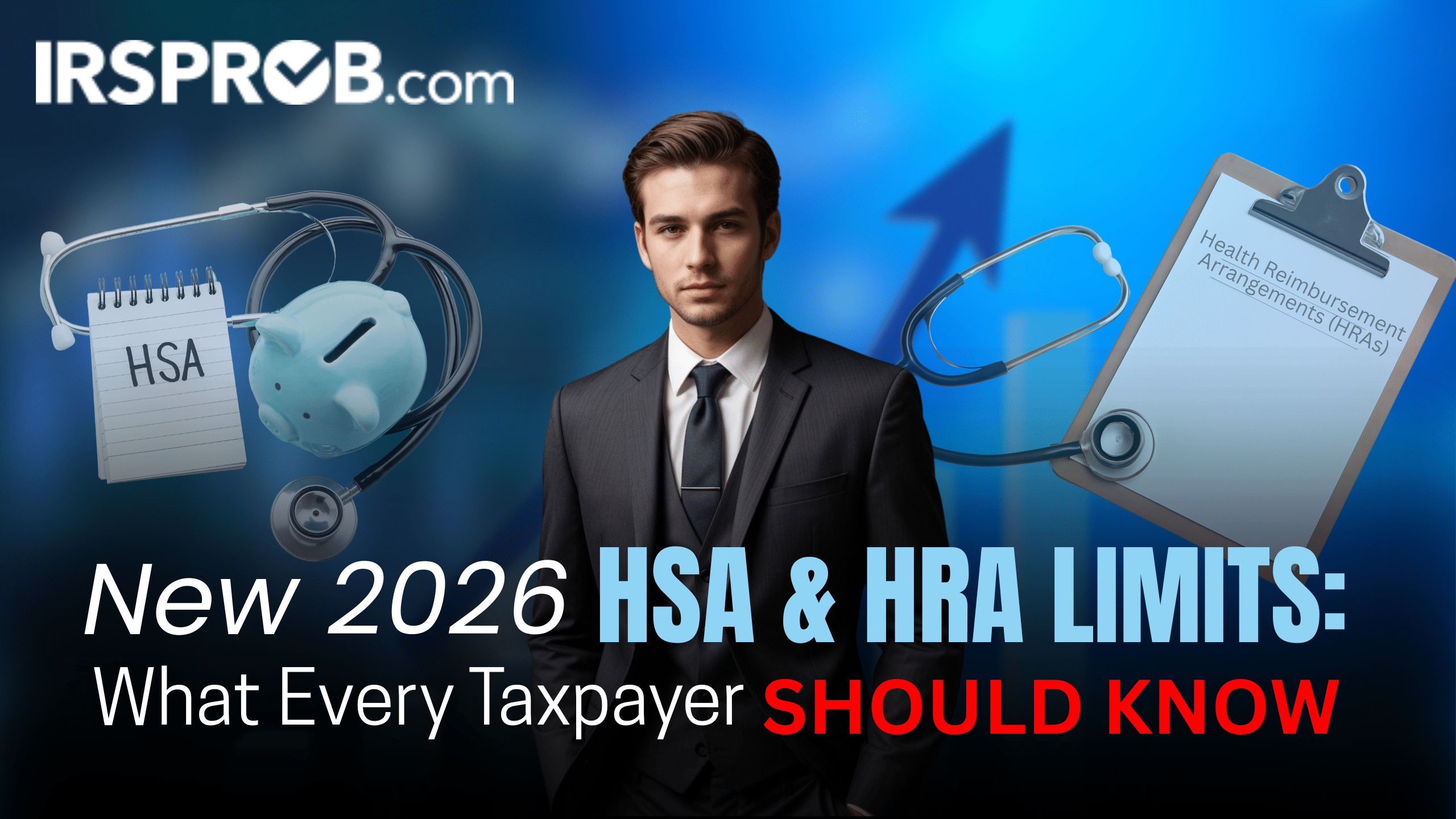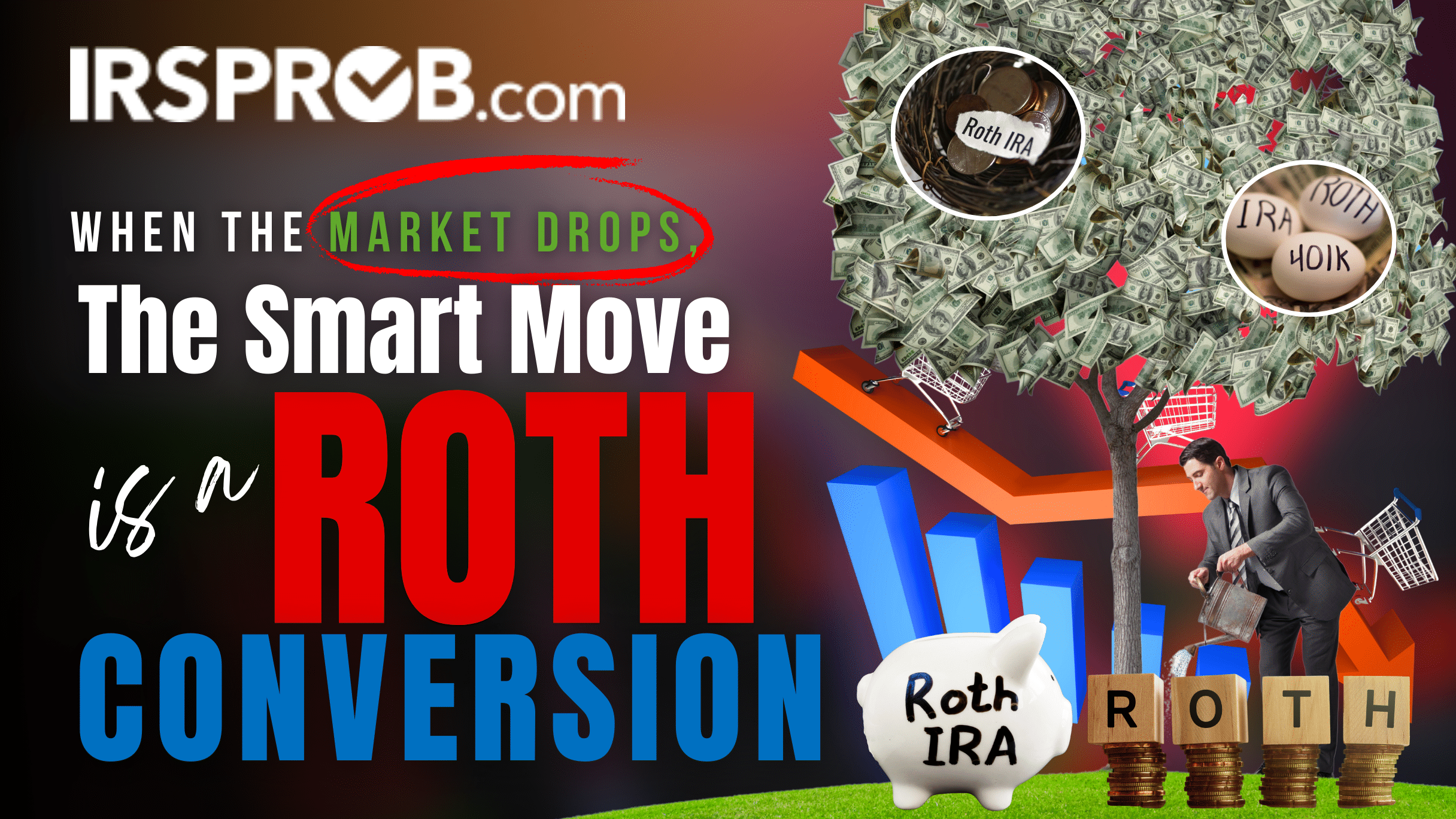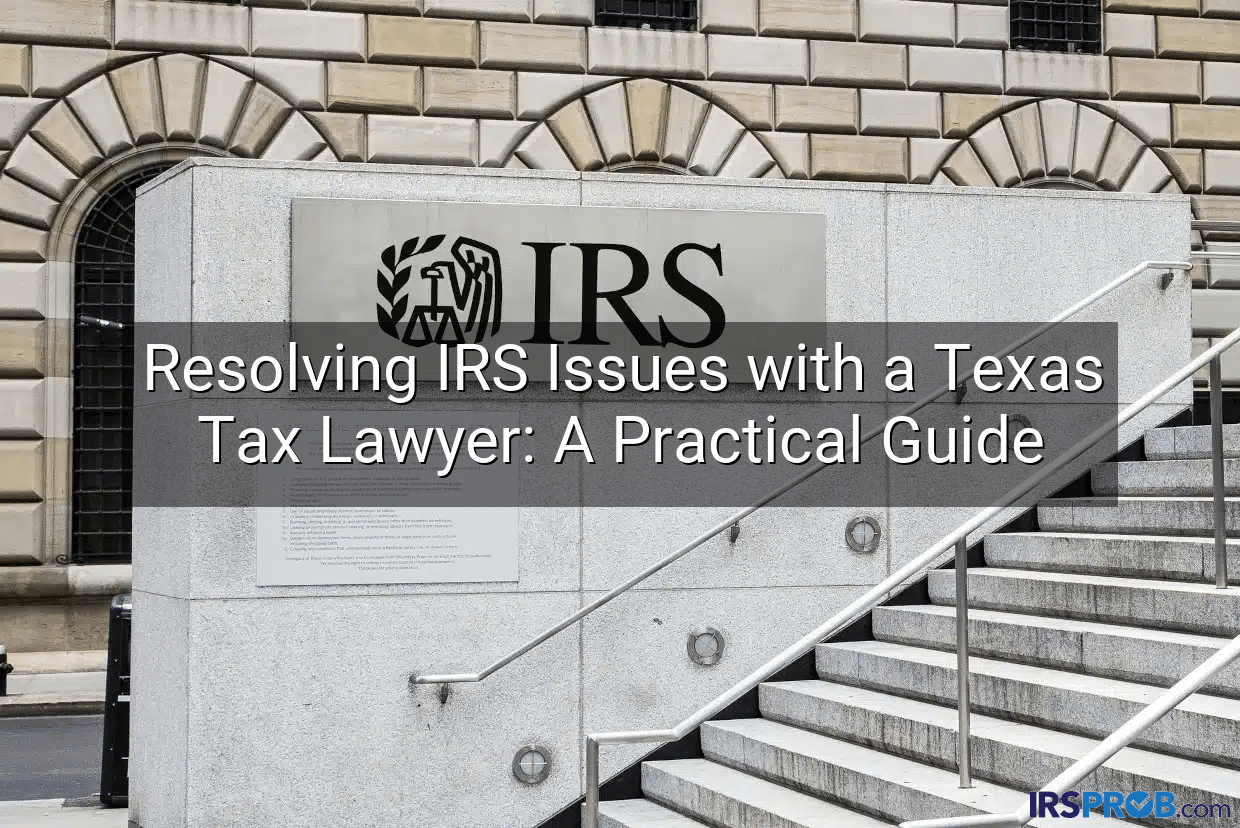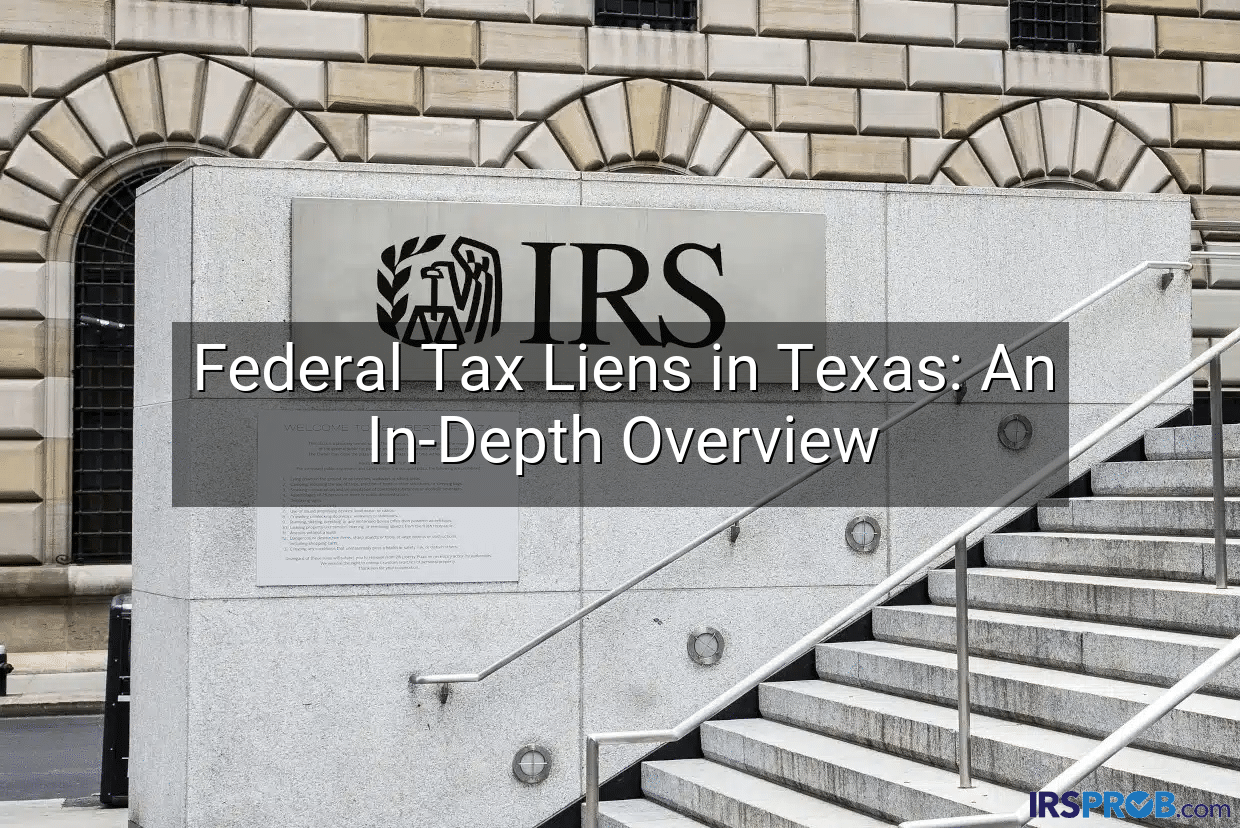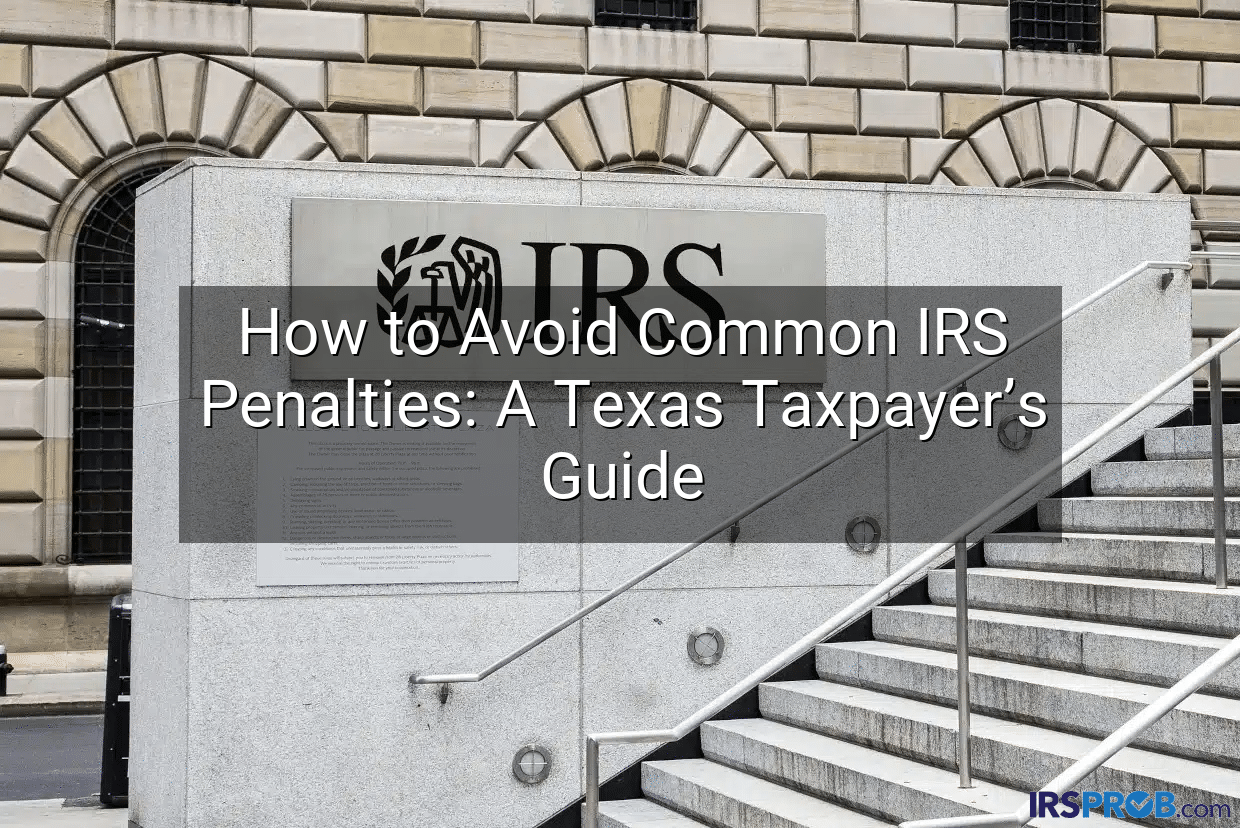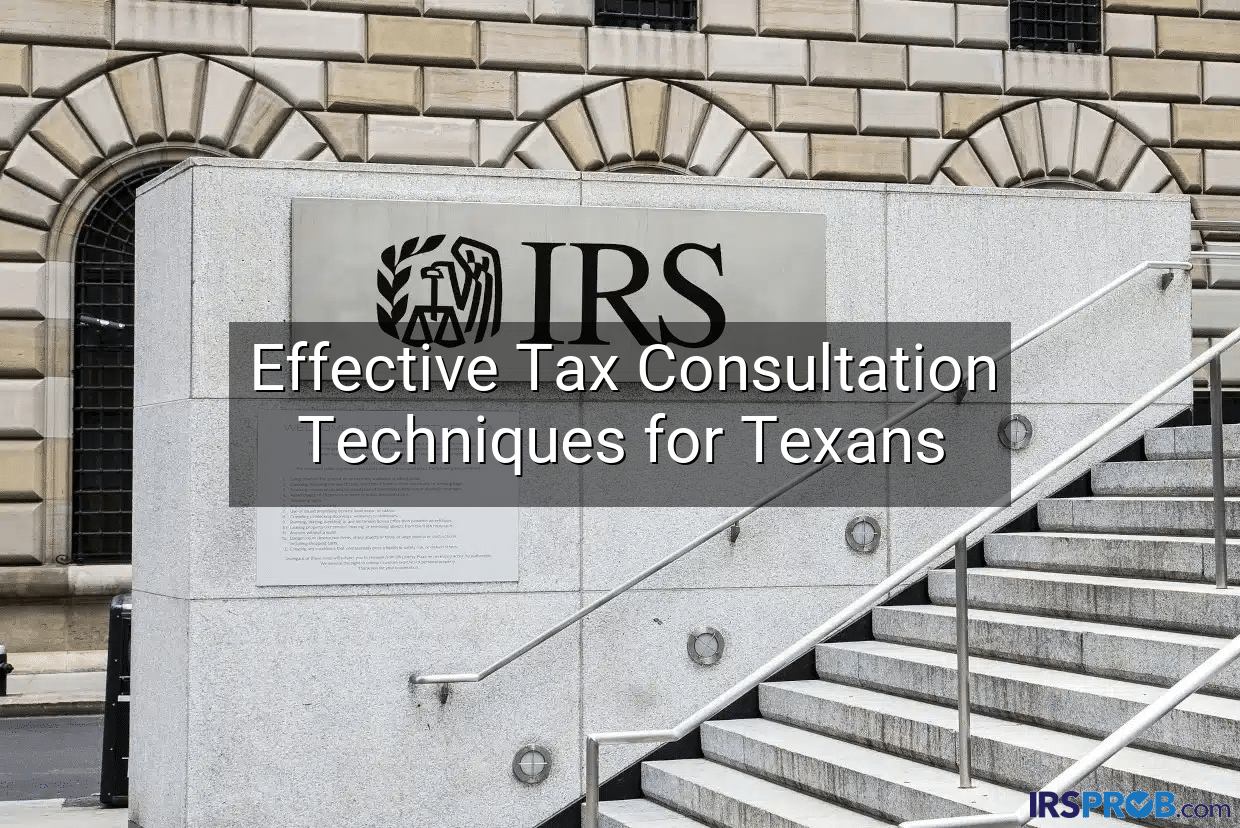Acceleration of corporate AMT liability credit. The 2017 Tax Law repealed the corporate alternative minimum tax (AMT) and allowed corporations to claim outstanding AMT credits subject to certain limits for tax years before 2021, at which time any remaining AMT credit could be claimed as fully-refundable. The CARES Act allows corporations to claim 100% of AMT credits in 2019 as fully-refundable and further provides an election to accelerate the refund to 2018.
Relaxation of business interest deduction limit. The 2017 Tax Law generally limited the amount of business interest allowed as a deduction to 30% of adjusted taxable income (ATI). The CARES Act generally allows businesses, unless they elect otherwise, to increase the interest limitation to 50% of ATI for 2019 and 2020, and to elect to use 2019 ATI in calculating their 2020 limitation. For partnerships, the 30% of ATI limit remains in place for 2019 but is 50% for 2020. However, unless a partner elects otherwise, 50% of any business interest allocated to a partner in 2019 is deductible in 2020 and not subject to the 50% (formerly 30%) ATI limitation. The remaining 50% of excess business interest from 2019 allocated to the partner is subject to the ATI limitations. Partnerships, like other businesses, may elect to use 2019 partnership ATI in calculating their 2020 limitation.
Technical correction to restore faster write-offs for interior building improvements. The CARES Act makes a technical correction to the 2017 Tax Law that retroactively treats (1) a wide variety of interior, non-load-bearing building improvements (qualified improvement property (QIP)) as eligible for bonus deprecation (and hence a 100% write-off) or for treatment as 15-year MACRS property or (2) if required to be treated as alternative depreciation system property, as eligible for a write-off over 20 years. The correction of the error in the 2017 Tax Law restores the eligibility of QIP for bonus depreciation, and in giving QIP 15-year MACRS status, restores 15-year MACRS write-offs for many leasehold, restaurant and retail improvements.
Accelerated payment of credits for required paid sick leave and family leave. The CARES Act authorizes IRS broadly to allow employers an accelerated benefit of the paid sick leave and paid family leave credits allowed by the Families First Coronavirus Response Act by, for example, not requiring deposits of payroll taxes in the amount of credits earned.
Pension funding delay. The CARES Act gives single employer pension plan companies more time to meet their funding obligations by delaying the due date for any contribution otherwise due during 2020 until January 1, 2021. At that time, contributions due earlier will be due with interest. Also, a plan can treat its status for benefit restrictions as of December 31, 2019 as applying throughout 2020.
Certain SBA loan debt forgiveness isn’t taxable. Amounts of Small Business Administration Section 7(a)(36) guaranteed loans that are forgiven under the CARES Act aren’t taxable as discharge of indebtedness income if the forgiven amounts are used for one of several permitted purposes. The loans have to be made during the period beginning on February 15, 2020 and ending on June 30, 2020.
Suspension of certain alcohol excise taxes. The CARES Act suspends alcohol taxes on spirits withdrawn during 2020 from a bonded premises for use in or contained in hand sanitizer produced and distributed in a manner consistent with FDA guidance related to the outbreak of virus SARSCoV- 2 or COVID-19.
Suspension of certain aviation taxes. The CARES Act suspends excise taxes on air transportation of persons and of property and on the excise tax imposed on kerosene used in commercial aviation. The suspension runs from March 28, 2020 to December 31, 2020.

